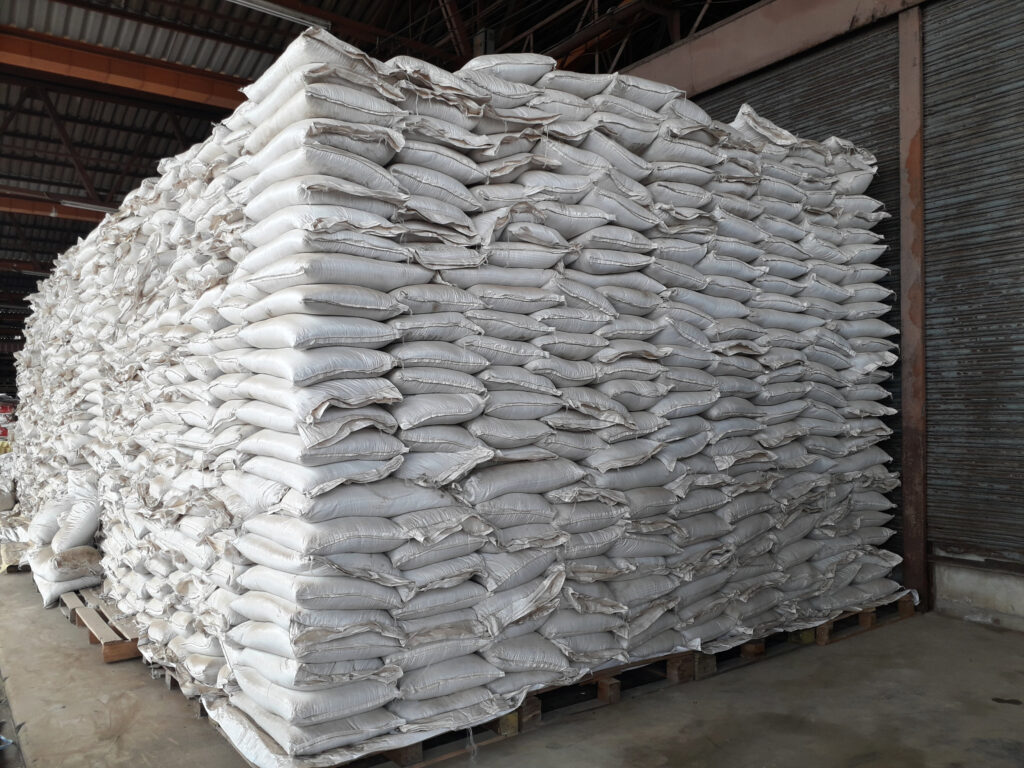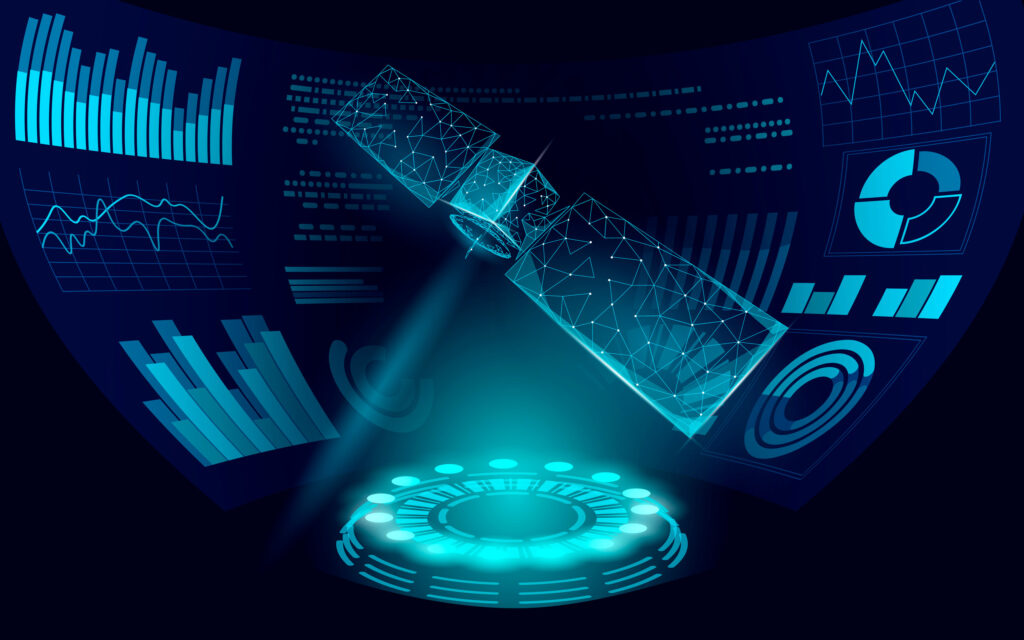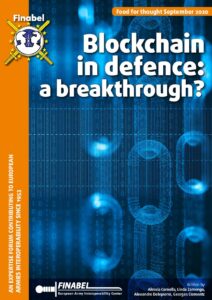AIBC Intelligence: Blockchain and National Security

Building off the cutting-edge research conducted by Finabel, this long-form article reviews the potential Blockchain technology has in terms of national security and international defense.
To quote Marc Andreessen, Blockchain has the potential to be “one of the most important technologies since the advent of the Internet.” Its sheer utility imbues it with the potential to disrupt a massive variety of industries from supply chain management to insurance. Such is the case that the inherent advantages and idiosyncrasies of Blockchain technology has even caught the eye of national and even international security bodies.
Blockchain focused venture capital increased from $3 billion in 2018 to $33 billion in 2021
Indeed, Blockchain and related technologies have seen astronomical growth in recent years with a tipping point into mass adoption becoming more and more palatable. Blockchain focused venture capital increased from $3 billion in 2018 to an incredible $33 billion in 2021 with ever advancing sophistication increasing the use-cases and enhancing adoptability and efficiency. This is only compounded with the rise of programmable Blockchains such as Ethereum.
The flexibility provided by the ability to program smart contracts that interact together allow for Blockchain tech to revolutionize several private and public sector ecosystems much in the same way that the Digital Revolution did; by overhauling the fundamental aspects that are common to every operation such as data protection and traceable logistics.
In terms of defense, research by Accenture showed that a staggering 87 percent of Aerospace and Defense firms expected to integrate Blockchain in one form or another by 2021. National Security apparati have also signaled the potential integration of these technologies with the 14th edition of European Defense Matters (2017) indicating that
In the coming years, the defense research community is expected to search for new applications for the military based on blockchain technology with predominant candidate areas such as cyber defense, secure messaging, resilient communications, logistics support and the networking of the defense Internet of Things.
Moving towards architecture, the Finabel study noted that the architecture of the Blockchain itself allowed for different levels of availability and hence provided the possibility for Blockchain ecosystems that are more appropriate given the sensitive data and high-priority procurements that would come as a necessary aspect of operating within the realm of Defense and Security.
Therefore, the study noted that a private or permissioned Blockchain would be best suited for the Defense industry. This being said, the study also noted that interoperability between several different departments may also call for the use of a Consortium Blockchain; a Blockchain that had elements of both public and private models.
Moving towards the benefits of the technology, research from the United States Air Force Major Neil B. Barnas highlighted the fact that the Blockchain had potential for both operational and supporting roles. He noted three main areas where this tech was particularly privileged; data security, supply chain management and resilient communications.
A digital shield: Blockchain in cybersecurity
One of the Blockchain’s most immediate and apparent Defense use-cases is that of cybersecurity, especially given modern Fourth-Generational Warfare i.e. conflict that blurs the line between civilian infrastructure and military infrastructure. With cyberspace being identified as one of the main domains for modern warfare, only comparable to land, sea, air and space, cybersecurity has taken a primary importance in modern day security.
Blockchain-based systems allow for the horizontal sharing of encrypted data with trusted parties. The level of security is only enhanced when a private blockchain is used, which would be able to provide permission to only verified security personnel.
The infrastructure of Blockchain networks also allows for built-in redundancy where the failure of a single node will not lead to the collapse of the system due to the presence of an interconnected network of nodes while also eliminating information bottlenecks. This comes at a time where more defense systems are becoming digitized, potentially leading to extremely sophisticated systems with several backup layers of redundancy. Examples include the Aegis Combat Systems where experiments with Blockchain-integrated systems have shortened reaction time to under a millisecond.

Next Generation procurement: Blockchain supply chains
Supply chains are the lifeblood of any complex industry with the Defense sector being the perfect example of this. With a strong reliance on several external firms, logistical hurdles and the presence of securitized and sensitive material, supply chains are vital to the success of any military-industrial complex.
The ability for Blockchain-based networks to source, trace, automate, digitalize and rationalize both partnerships and materials would be a massive boon to such supply networks. The ability for these logistical operations to be provided safely and with higher degrees of delivery speed and traceability while reducing costs would only strengthen the capacity of Defense organizations. Additionally, the ability for verification is a massive benefit provided by Blockchain with McDonald (2019) stating that;
The blockchain can verify that all partners in a defense or aerospace supply chain are operating within established parameters and are indeed who they claim to be.
This rationalization of the supply chain will only be strengthened by the cross-pollination of Blockchain tech with other emerging areas tied to the Fourth Industrial Revolution. These include Artificial Intelligence, Quantum Computing, Internet of Things (IoT) and Augmented Reality (AR.)

The future of strategic communications
The final Defense use-case for the Blockchain identified by Barnas was in enhancing the resilience of communications systems used by armies, Departments of Defense (DoDs) and the private Defense industry. The cryptographic techniques that form part of the necessary infrastructure of Blockchain networks can come to be a vital pillar for the data integrity of secure communication between allies and operatives in the field and at home.
Blockchain being pseudonymous rather than anonymous, the creation of a non-fungible digital identity would also be a boon for data security in the presence of hostile actors and further enhance the resilience of a strategic communications system, especially in the presence of hostile actors.

Of War and Peace: Blockchain and the future of Security
Blockchain, like any other technology, is an inherently neutral and passive tool. Morality is imbued in the actions it is used for. While the concept of Blockchain being a part of military apparatus may be divisive to some, it should be noted that its use-cases within this economic and political ecosystem leans towards the defensive rather than the offensive. Examples include enhanced data security, rationalized supply lines and protected lines of communication.
Therefore, as all prosperity is built on the bedrock of stability, the Blockchain could act as a stabilizing force binding different organizations together for a more peaceful world order rather than a catalyst for an arms race as seen with more offensive technologies.
Reference
Founded in 1953, the Finabel Forum is the oldest European military organization oriented towards facilitating the cooperation and coordination of the various national militaries of the Union. While a strong advocate for interoperability, the committee also functions as a high-level think tank that advises security actors on frontier developments in the field of military and paramilitary affairs. Its Food For Thought publication on Blockchain in Defense sheds light on the pioneering work in this regard while also illuminating paths that could be taken.
AIBC Americas debuts in Toronto:
Following the massive success that was AIBC Asia, the Summit’s first ever physical debut in the Americas is set to take Toronto by storm this June. Uniting the best and brightest in the emerging tech world, AIBC Americas will feature leading policy makers, executives, technologists and visionaries in groundbreaking areas such as AI, Blockchain and Quantum Computing. The Summit will be composed of three days of thought-leading panels, inspiring keynotes and a massive amount of opportunities to network, leaving our delegates several steps closer to the Fourth Industrial Revolution.
Join us from the 6th till the 9th of June in Toronto!










